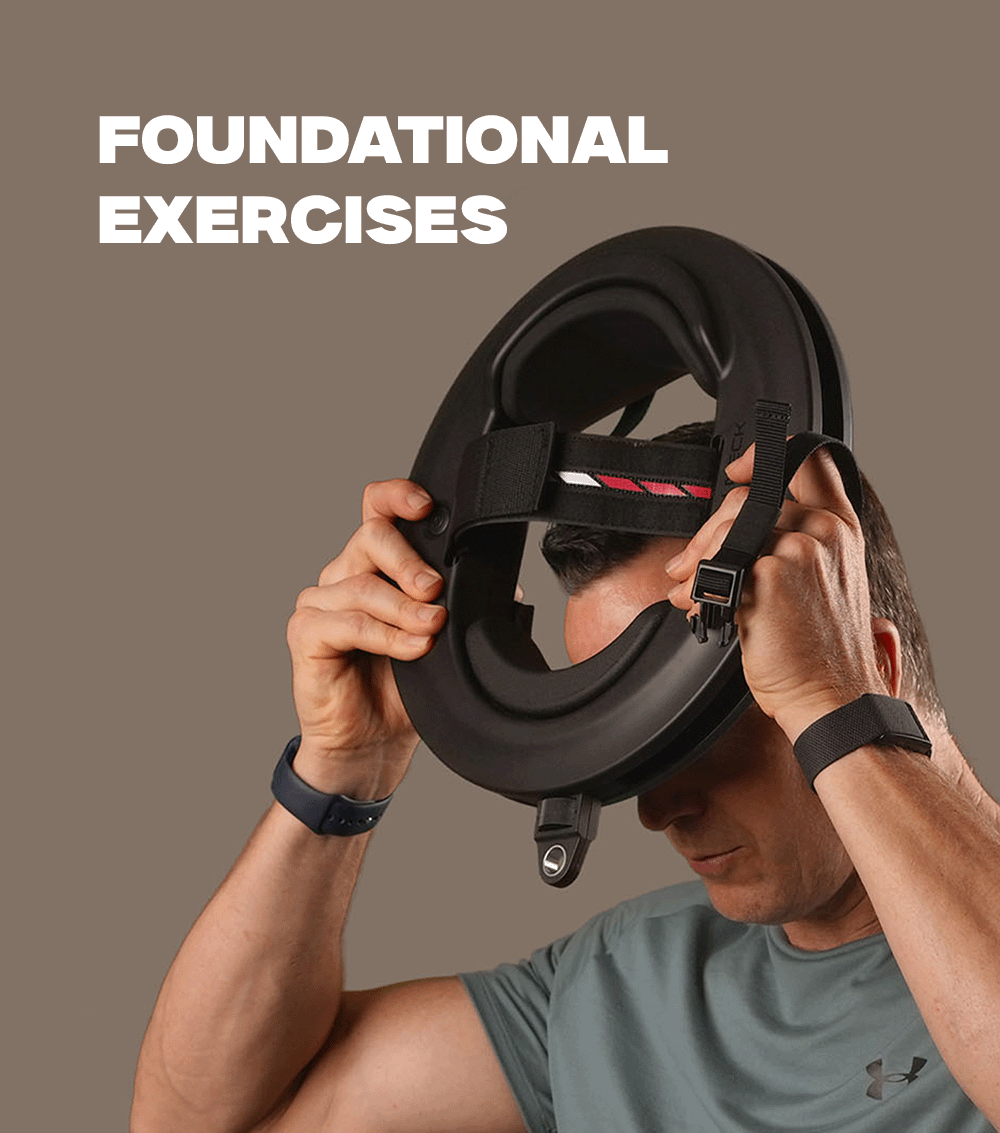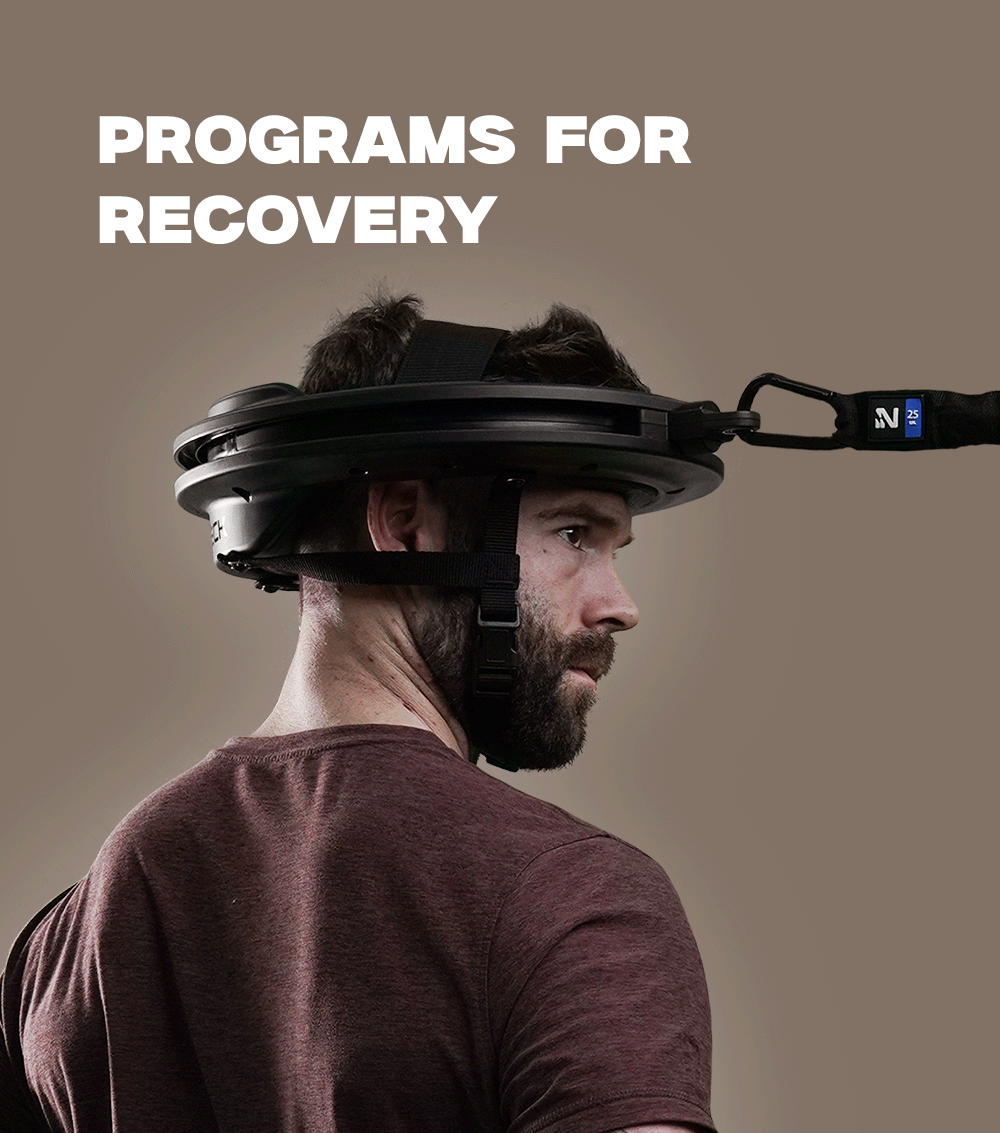The vagus nerve might not be something you think about every day, but it’s one of the most important nerves in your body. It runs from your brain, through your neck, and down to your belly, acting like a superhighway that connects your brain to your organs. When it’s irritated or not working well, it can cause surprising problems like neck pain, stomach issues, dizziness, or feeling tired.
For some people, this irritation shows up as vagus nerve pain, which can feel like discomfort in the neck, throat, or chest and make daily life harder. The good news is there are simple ways to calm the nerve and ease these symptoms.
What Is the Vagus Nerve and Why It Matters
The vagus nerve is like a communication line between your brain and many parts of your body, including your heart, lungs, and digestive system. It helps control important functions such as your heartbeat, breathing, and digestion.
Think of it as your body’s built-in relaxation helper. When the vagus nerve is working well, it helps your body switch into “rest and digest” mode, keeping stress in check and supporting overall health.
When this nerve gets irritated or overworked, it can affect your body in surprising ways. You might notice neck or throat discomfort, stomach problems, dizziness, or fatigue. That’s why keeping the vagus nerve healthy is key to feeling balanced and calm in everyday life.
Some of the key functions controlled by the vagus nerve include:
-
Regulating heart rate and blood pressure – helping your cardiovascular system stay balanced
-
Supporting digestion and gut function – aiding nutrient absorption and healthy bowel movements
-
Influencing mood and relaxation – helping reduce stress and promote calm
-
Controlling reflexes such as swallowing and gagging – keeping your body safe and coordinated
- Because the vagus nerve runs directly through the neck, irritation, tension, or dysfunction in this area can affect your whole body. People experiencing vagus nerve issues may notice symptoms ranging from neck pain and difficulty swallowing to digestive upset and anxiety.
Understanding how this nerve works is the first step in recognizing when it’s under strain and learning simple ways to calm it before symptoms interfere with daily life.
Causes of Vagus Nerve Pain
Vagus nerve pain can happen when the nerve is irritated, compressed, or not working properly. Some common triggers include:
-
Neck tension or injury – tight muscles or trauma can put pressure on the nerve
-
Stress or anxiety – overactive stress responses can affect the nerve’s function
-
Digestive issues – bloating, reflux, or inflammation can irritate the nerve
-
Inflammation or illness – infections or chronic inflammation may impact nerve signaling
Symptoms of Vagus Nerve Pain
When the vagus nerve is under strain, it can cause a variety of symptoms. Common signs include:
-
Neck, throat, or chest discomfort
-
Difficulty swallowing or a lump-like sensation in the throat
-
Dizziness, lightheadedness, or feeling faint
-
Fatigue or low energy
-
Digestive problems, such as nausea, bloating, or irregular bowel movements
Understanding these causes and symptoms helps you recognize when the vagus nerve might be stressed and why calming it is important for overall health.
How to Calm Vagus Nerve Pain Naturally
The vagus nerve plays a big role in helping your body relax. Calming it usually means switching on your body’s natural “rest and digest” mode. The good news is that simple, natural methods can help soothe the nerve and restore balance.
1. Deep Breathing Exercises
Slow, diaphragmatic breathing sends a direct signal to the vagus nerve to calm the body. Try inhaling deeply through your nose, letting your belly expand, and exhaling slowly through your mouth.
2. Cold Exposure
Splashing cold water on your face or taking a brief cold shower can trigger the vagus nerve and shift the nervous system into a calmer state.
3. Humming, Singing, or Chanting
Because the vagus nerve runs through the throat, vibration from your voice can help stimulate and relax it. Even a few minutes of humming can make a difference.
4. Gentle Movement & Stretching
Yoga, neck stretches, and posture exercises help release tension in the muscles surrounding the vagus nerve, reducing pressure and irritation.
5. Stress Management & Rest
Daily stress is one of the biggest triggers for vagus nerve discomfort. Practicing mindfulness, meditation, or simply setting aside time to rest can keep your nervous system balanced.
These strategies are easy to try at home and often bring quick relief. For longer-term support, strengthening the neck and improving posture can reduce recurring irritation something we’ll explore further in the next section.
How Iron Neck Supports Pain Relief
While calming techniques like breathing and stretching can bring quick relief, addressing the root cause of vagus nerve discomfort often comes down to posture and muscle balance. When the neck and upper back are weak or strained, the vagus nerve can be irritated by constant tension in the surrounding tissues.
This is where Iron Neck equipment can play a role. By strengthening the muscles that support the cervical spine and improving overall neck stability, Iron Neck helps:
-
Correct posture – Counteracting slouching and forward-head positions that compress nerves.
-
Reduce muscle tension – Relieving tightness in the neck and shoulders that may irritate the vagus nerve.
-
Improve mobility and alignment –Making it easier to move freely without triggering pain.
-
Build long-term resilience –so your neck and nervous system are less vulnerable to strain from daily stress or repetitive movements.
Strengthening Neck Health to Ease Vagus Nerve Pain
Iron Neck isn’t a direct cure for vagus nerve pain, but it can be a powerful tool for supporting neck health. When combined with natural calming techniques, it offers a safe, structured way to reduce tension and help the vagus nerve function properly. The vagus nerve is one of the body’s most important messengers, influencing everything from heart rate and digestion to mood and relaxation. When it becomes irritated, the effects can ripple across your system, showing up as pain, discomfort, or fatigue.
Deep breathing, cold exposure, humming, stretching, and mindful rest all help activate the body’s natural relaxation response. Over time, strengthening the neck and improving posture with tools like Iron Neck can reduce muscle tension that contributes to irritation. Persistent or severe symptoms should always be evaluated by a healthcare professional to rule out underlying conditions.Taking care of your neck and nervous system is more than pain management—it’s an investment in your overall health, energy, and quality of life.
FAQs
1. What are the symptoms of vagus nerve dysfunction?
Common symptoms include digestive issues such as bloating and nausea, dizziness during or after activity, irregular heart rate, headaches, anxiety, and trouble relaxing or sleeping. These signs may appear in clusters or shift over time.
2. What causes vagus nerve problems?
Vagus nerve dysfunction can be triggered by physical factors like whiplash, head trauma, or inflammation, as well as lifestyle habits such as chronic stress, poor posture, processed foods, dehydration, or overtraining without recovery.
3. How can I calm my vagus nerve naturally?
You can stimulate and calm the vagus nerve through deep breathing exercises, cold exposure (like a splash of cold water or a short cold shower), humming or singing, meditation, and light movement such as yoga or walking.
4. Do athletes need to focus on vagus nerve health?
Yes. For athletes and active people, vagus nerve health supports faster recovery, improved nutrient absorption, and better sleep quality. A strong vagal response helps the body shift efficiently from “fight or flight” into “rest and recover” mode after training.
5. Does neck strength affect the vagus nerve?
Yes. Because the vagus nerve runs through the neck, stiffness or weakness in this area can create tension and disrupt function. Strengthening the neck with targeted training, such as using Iron Neck, improves posture, reduces strain, and helps the vagus nerve operate at its best.









Leave a comment
This site is protected by hCaptcha and the hCaptcha Privacy Policy and Terms of Service apply.